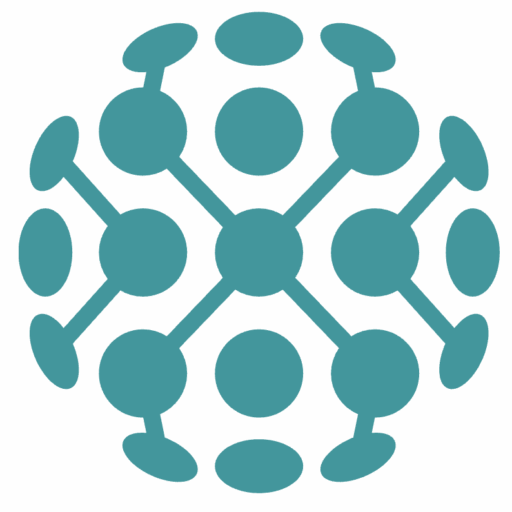The International Computational Law Society is a global, interdisciplinary research and policy network dedicated to exploring the transformation of legal systems in the age of intelligent technologies and computational governance.
Founded at the intersection of law, computer science, and political theory, ICLS serves as a platform for critical inquiry, academic exchange, and policy innovation. Our mission is to advance understanding of how legal reasoning, rights, and regulation are reshaped by algorithmic systems, automated decision-making, and large-scale digital infrastructures.
With a commitment to openness, ethical reflection, and scholarly rigor, ICLS convenes legal scholars, technologists, social scientists, and practitioners to collaboratively examine emerging legal questions in the age of computation.
Our Mission
To foster cutting-edge research, critical dialogue, and practical innovation in computational law and algorithmic governance by building bridges between legal systems and technical architectures.
What We Do
- Research & Publishing
We support interdisciplinary research projects on legal automation, algorithmic accountability, legal informatics, and digital constitutionalism. Our society publishes working papers, research briefs, and open-access academic content. - Conferences & Seminars
ICLS organizes international conferences, thematic workshops, and policy roundtables to facilitate dialogue across disciplines and regions. Our flagship event, the International Conference on Algorithms and Law (ICAL), brings together scholars, practitioners, and institutions from across the globe. - Policy Engagement
Through collaborations with universities, NGOs, and international organizations, we contribute to the development of responsible legal frameworks for AI, data governance, and digital rights. - Education & Training
We offer resources and support for early-career researchers, including fellowships, reading groups, and open course materials in areas such as computational legal theory, natural language processing for law, and legal design.
Our Vision
A future where legal institutions, algorithms, and civic life are co-developed with transparency, accountability, and human dignity at their core.
Global Presence
ICLS partners with academic centers, public interest organizations, and regulatory bodies across multiple regions—including Europe, East Asia, Africa, and the Americas—to promote globally relevant and locally grounded approaches to computational legal innovation.
